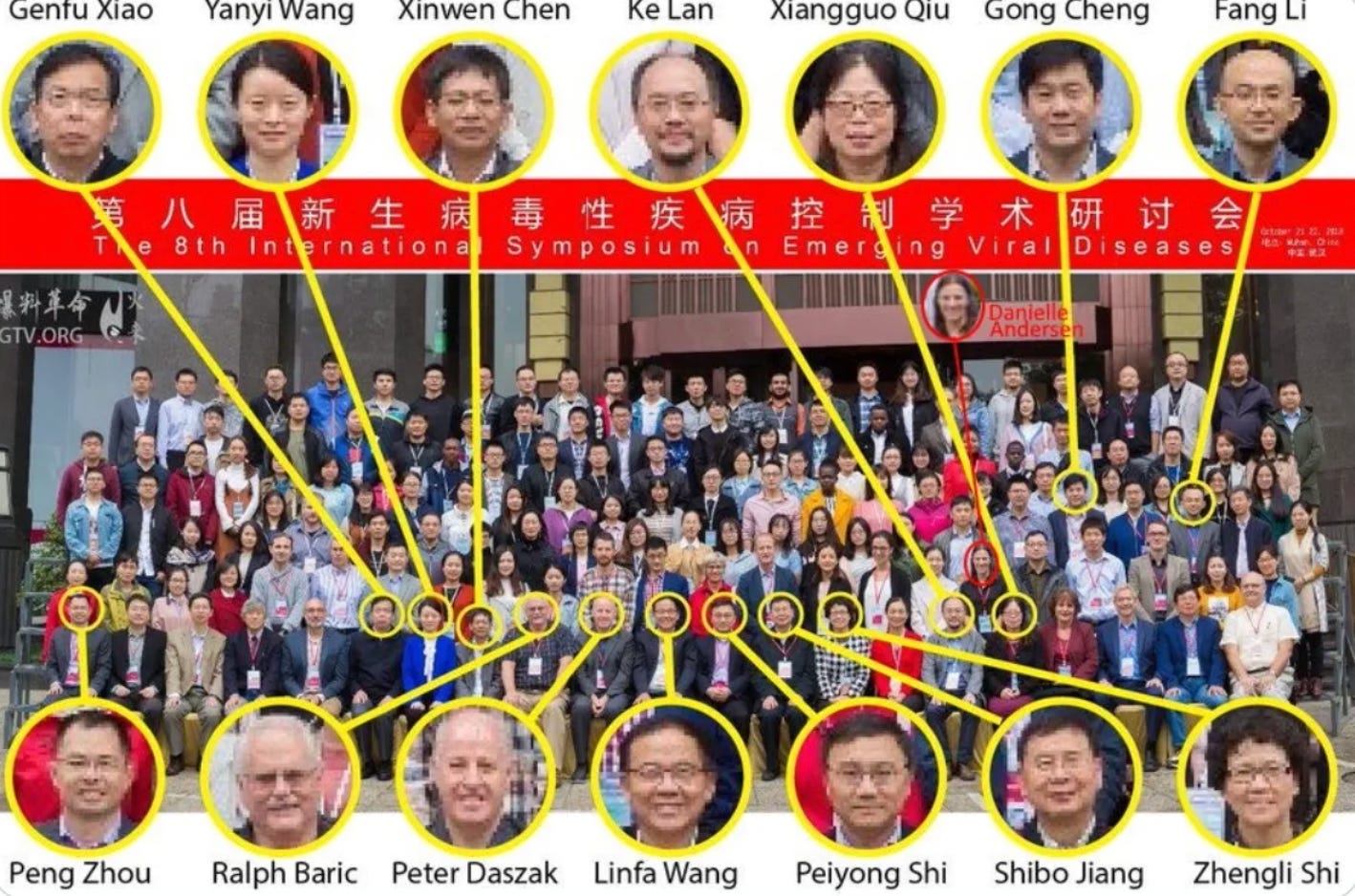Canadian Scientist’s Secret Work on Wuhan Bat Virus Could Have Caused COVID-19, Book From Canadian Nat Sec Veteran Reveals
Tracing travel logs, talent-programme applications and pathogen shipments, Molinaro casts doubt on Ottawa’s oversight of Chinese scientific infiltration — warning that Canada became an unwitting base.
OTTAWA — In his new book Under Assault, historian and former Canadian national security analyst Dennis Molinaro uncovers evidence that Chinese-Canadian scientist Dr. Xiangguo Qiu secretly collaborated on a 2019 Wuhan “bat filovirus” research project that some Western intelligence agencies — including the CIA, with varying degrees of confidence — assess to have likely caused the COVID-19 pandemic.
While The Bureau has previously reported on Qiu’s links to Wuhan’s “Batwoman,” Shi Zhengli, Molinaro’s findings — drawn from redacted CSIS records, open-source intelligence, and parliamentary disclosures — take the case significantly further, situating Qiu’s compromise within the broader escalation of Chinese intelligence collection in Canada since 2000, and highlighting Ottawa’s conspicuous lack of capacity — or will — to enforce against Beijing’s incursions.
His reconstruction shows how Canada’s top-security National Microbiology Laboratory in Winnipeg became deeply enmeshed with Chinese military and bioweapons program scientists, culminating in what Molinaro describes as “a biosecurity collaboration of the highest strategic importance to the People’s Republic of China.”
As in a number of explosive cases explored in Under Assault, Molinaro offers careful caveats distinguishing what is proven, what is plausible, and what demands further investigation. But in raising the possibility that a Canadian scientist may have directly or indirectly contributed to a man-made virus responsible for millions of deaths, Molinaro breaks new ground — no current or former Canadian national security professional has made such an assertion so plainly before.
“Let’s put all this together and consider the implications,” Molinaro writes after laying out the sequence of evidence. “Qiu secretly works with the Wuhan lab overseeing a gain-of-function project about bat filoviruses, and months later COVID-19 is unleashed on the world, with this lab being at the centre of the lab-leak theory. Canada then partners for a vaccine with CanSino — a company connected to the PLA, one of the officials of which Qiu had secretly worked with on vaccine research. If the lab-leak theory is ever confirmed, one has to ask: Did a Canadian researcher who was secretly assisting China have a role in the creation and breakout of COVID-19, and then did the Canadian government try to buy a vaccine from a PRC company that the same researcher had assisted and that has connections to China’s military?”
Molinaro situates the Qiu affair within a broader continuum of Chinese espionage operations in Canada. “The frequency of China’s spying on Canada seemed to be increasing through the turn of the millennium,” he writes, describing how Beijing’s intelligence activities evolved from traditional political influence and industrial theft into targeted scientific infiltration — often leveraging financial inducements and patriotic sentiment within the overseas Chinese diaspora. He traces this pattern through earlier cases, including aerospace engineer Su Bin’s theft of Boeing designs from British Columbia and in Toronto, Klaus Pflugbeil’s alleged sale of Tesla battery technology to Chinese interests in New York— both involving illicit technology transfers to the PRC. In each case, Molinaro notes, Canadian authorities failed to act until U.S. agencies intervened.
Citing former FBI agent Justin Vallese, who commented after the Su Bin investigation, “I don’t know how many Su Bins there are,” Molinaro extends the warning. Canada’s open, well-funded research system — long a source of national pride — has become a global magnet for exploitation by the Chinese Communist Party’s technology-gathering apparatus.
Against that backdrop, Molinaro lays out the case in Winnipeg. He reconstructs CSIS findings showing that in early 2019, Qiu and several Chinese collaborators were approved by a PRC evaluation committee to conduct a project at the Wuhan Institute of Virology — China’s first P4-level biosafety laboratory. The project, Molinaro quotes, aimed to “assess cross-species infection through the creation of synthetic virus strains,” placing Qiu in charge of “overall planning.” It was a classic gain-of-function experiment — the deliberate development of viral strains in a lab before they evolve in nature. Another researcher was assigned “project design,” another “animal infection,” and one, whose name remains redacted, was known to have worked on bat viruses similar to SARS.
Molinaro writes that these experiments appeared to extend the same line of research associated with Shi Zhengli.
Molinaro’s review of CSIS files shows that Qiu and her husband, Dr. Keding Cheng, maintained undisclosed ties to Major General Chen Wei, the PLA’s leading bio-research officer, who later directed China’s COVID-19 vaccine program for CanSino. Chen had worked with Qiu on an Ebola vaccine project years earlier, using cell lines provided by Canada’s National Research Council — an institution that was subsequently the target of confirmed PRC cyberattacks.
Qiu claimed she did not know Chen was involved in biological weapons research, but Molinaro notes she had listed their collaborations on her Chinese CV—then removed them from her Canadian résumé. Both Qiu and Cheng also co-authored papers with members of the Academy of Military Medical Sciences, China’s top institution for chemical and biological weapons research. The Academy even awarded Qiu for “international cooperation,” commending her for “using Canada’s Level 4 Biosecurity Laboratory as a base to assist China to improve its ability to fight highly pathogenic pathogens… and [Qiu] achieved brilliant results.”
CSIS investigators later found that Qiu had travelled to Wuhan without permission from the Public Health Agency of Canada. Officially, she was approved to attend a Beijing conference, but the agency was “not aware of any PHAC-approved travel for Ms. Qiu to Wuhan during this period.”
Keep reading with a 7-day free trial
Subscribe to The Bureau to keep reading this post and get 7 days of free access to the full post archives.



